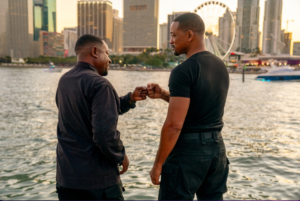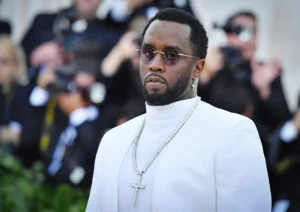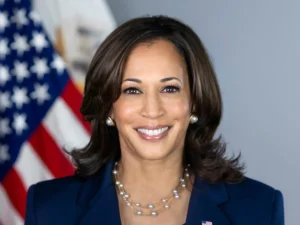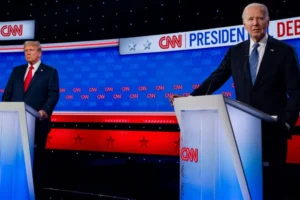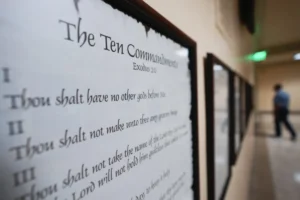Why Black country matters, and not just because of Beyoncé
5 min read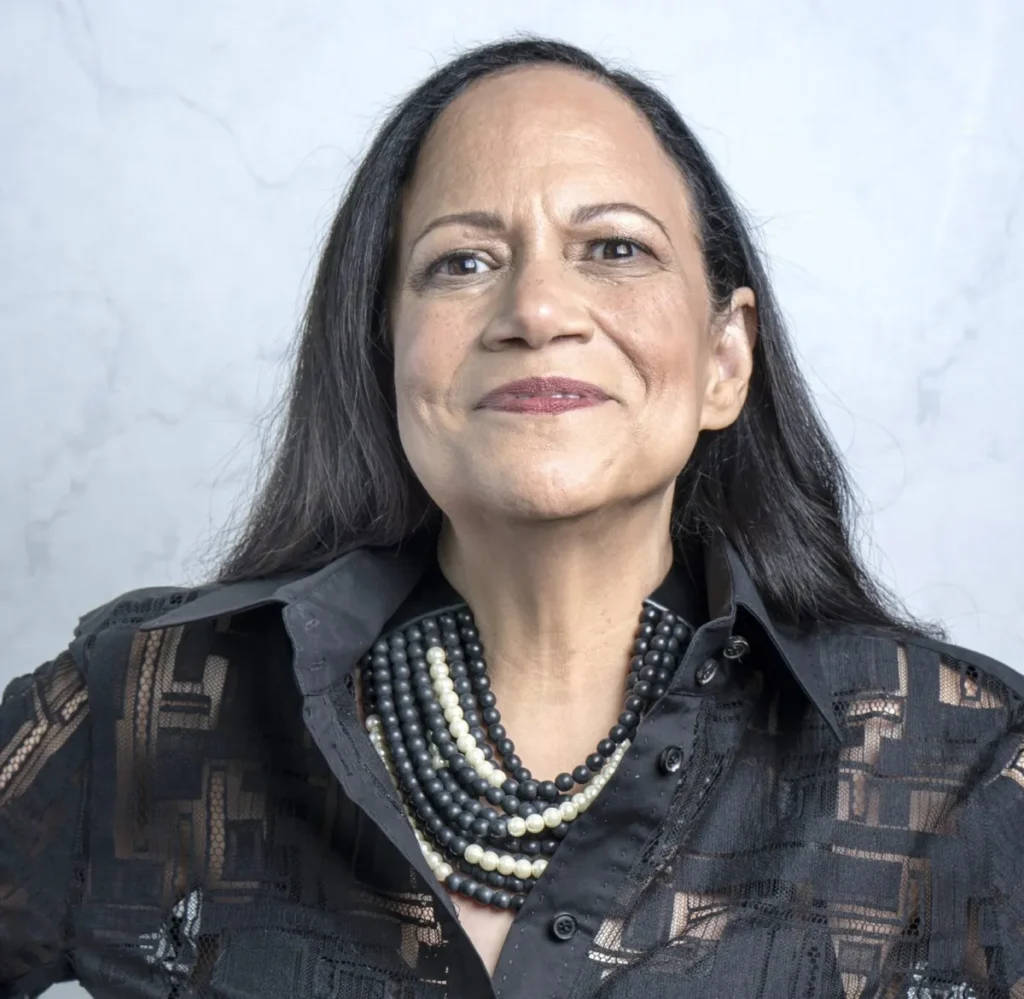
by Aaron Foley, AmNews News Editor
The ascendance of Beyoncé the country music singer following the rise of Beyoncé the dance music preservationist, Beyoncé the diaspora, and Beyoncé the feminist has been criticized as everything from a marketing ploy to claims of inauthenticity, all while pointing to the pop music star as an unwanted interloper in Nashville’s otherwise lily-white space.
But critics unaware of entertainment history should know that singers of her stature are never the first to traverse across genres and would also be surprised to learn that Nashville isn’t the sole determinant of who can make it in country music.
“There has never been one way that people entered the country music sphere that’s a misconception,” says Alice Randall, author of the forthcoming “My Black Country: A Journey Through Country Music’s Black Past, Present, and Future.” “Some of them come up playing on the road. In the more recent era, we have Lil Nas X; people come up on TikTok and come up on Instagram. And truly, in this era, people are being discovered on these television competitions. So these are the real roads to country.”
Randall is a professor at Vanderbilt University and the author of several novels. “My Black Country” is a nonfiction work following her efforts to bring more attention to overlooked Black figures in country music, tracing a path from early pioneers like DeFord Bailey and Herb Jeffries, to her own career in the genre as a songwriter. Randall made history as the first Black woman to co-write a song to hit No. 1 on a Billboard country chart, Trisha Yearwood’s “XXX’s and OOO”s.”
The book, out April 9, will have a companion soundtrack with new music from Black artists who have touched all subgenres of country, including Rhiannon Giddens and Rissi Palmer. The goal of both the book and music is to course-correct the narrative of just who can break through country’s gatekeepers—or perhaps argue whether there should be any gatekeepers at all.
“A lot of people have a lot of misconceptions, and they’re the same kind of conversation that happened when Lil Nas X entered into the world of country and people were saying, ‘Why is he wearing those jeans? Why is he wearing that hat?,’ and not knowing that 20 to 30 percent of 19th century cowboys were Black and brown. A lot of people just aren’t knowledgeable about the actual history of cowboys in America, are not knowledgeable about the actual history of cowboy singing in America and the long roots of Black people in country music within and without Nashville.”
Beyoncé joins a handful of Black artists who found success in other genres before reaching milestones in country; the song “Texas Hhold ‘Em” currently sits atop Billboard’s Hot 100. A simultaneously released single, “16 Carriages,” Randall says, falls in line with more traditional country songs of the past.
“It is a song that is in conversation with other country songs. For example, it’s in conversation with ‘16 Tons’ [Tennessee Ernie Ford], ‘Will the Circle Be Unbroken’ [various artists but notably The Nitty Gritty Dirt Band], ‘Strawberry Wine’ [Deana Carter], and my own ‘XXX’s and OOO’s,’” she said.
“And what I mean by that is that it’s a country labor song. ‘16 Tons’ is about the world of coal mining, but this is about working, making money in the world of music. But it’s a labor song. It’s rural elegiac. It is concerned with everyday difficulties. I saw Mama praying. I saw Daddy grind. The mother is involved with the religious world. The father is involved with the work world, and the daughter is having to define a life for herself independent of these two and independent of their limitations, because there’s later a line in which she sees the father lying and the mother crying. So it’s rural. It’s elegiac. It’s complex, haunting. That’s what I love about ‘16 Carriages.’
Ray Charles turned heads with the “Modern Sounds in Country and Western Music” album, which sat at the top of the albums chart for 14 weeks. Charley Pride became a Black icon of the genre and one of three Black musicians allowed membership at the Grand Ole Opry. Lionel Richie wrote and produced with country artists after notching hit after hit with The Commodores and his own solo career. Darius Rucker came to prominence leading the jam band Hootie and the Blowfish before embarking on a solo country career.
But Black women’s achievements in the genre have been few and fleeting, even though they have always been there even before the current crop of Giddens, Palmer, and Mickey Guyton, the latter two of whom having gained more attention in the wake of the Black Lives Matter movement. Randall points to Lil Hardin Armstrong, a granddaughter of an enslaved woman who became a songwriter and bandleader in jazz and married Louis Armstrong. Randall informs readers that Hardin Armstrong was an uncredited musician on Jimmie Rodgers’ “Blue Yodel #9,” considered one of the foundational songs in the entire country genre.
“She played on every bar of it. So did Louis Armstrong. So there were three musical geniuses that played on the record. One was Louis Armstrong, one was Lil Hardin Armstrong, and one was Jimmie Rogers. Two thirds of the people playing on the records were Black people. And the only person who played on every bar of the record was a Black woman.”
What Beyoncé is doing with her country music is “deconstructing the genre, making things visible that have been invisible, reconstructing it with her own genius in relation to her own audience, but also in relation to existing country songs,” Randall says. And in this case, it does take an artist with her reach to call attention to the Black artists who have contributed to the genre and music fans from the Beyhive to the Opry should take notice.
“We should engage all Black brilliance, beauty, and wisdom everywhere we find it. Joy is radical, and I am a radical, joyful woman. And when I listen to this new Beyoncé song, I feel very joyful listening to ‘Texas Hold ‘Em,’” Randall says. “I also say I like to evade cultural redlining.. So Rissi Palmer’s, ‘Summerville,’ Rhiannon Giddens’ when she was singing with the [Carolina] Chocolate Drops, Ray Charles’ entire ‘Modern Sounds in Country and Western Music,’ Aaron Neville’s ‘The Grand Tour.’ These are songs you can stretch out in and rediscover your love of the planet in.
“One of the things in Black country is that it connects us to Black genius. It reconnects us to God. It connects us to nature when it is at its best,” Randall adds.


